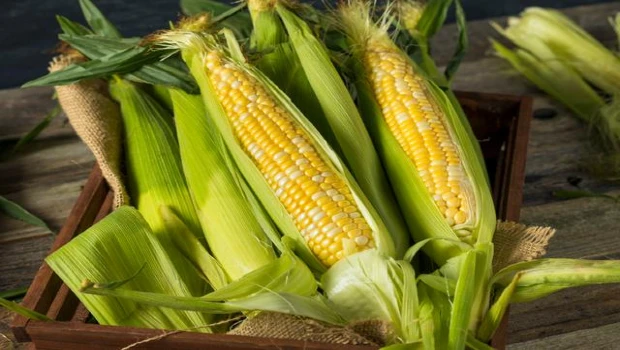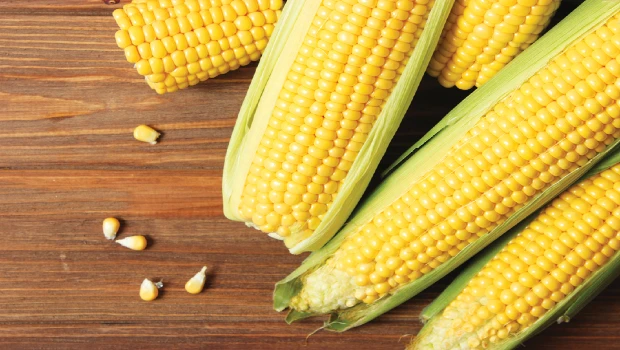Maize Benefits, Storage and More
Maize Nutrition

| Maize (100g) Nutrition | |||
| Carbohydrate | Protein | Fat | Calories |
| 30g | 4g | 1.4g | 144kcal |
| Main Nutrition | Dietary fiber, vitamin B, vitamin E | ||
| Main Benefits | Controls weight, improves cholesterol levels, and promotes digestive health | ||
| Side Effects | If you are taking high blood pressure medication, be careful when taking it. | ||
Maize is one of the most popular grains in the world. It is the seed of a plant belonging to the grass family, native to Central America but grown in numerous varieties throughout the world. Popcorn and sweet corn are popular varieties, but refined maize products are also widely consumed as ingredients in processed foods. These include tortillas, tortilla chips, polenta, cornmeal, syrup, and corn oil. They are as healthy as whole grains because they are rich in fiber and many vitamins, minerals and antioxidants. Maize is typically yellow, but comes in a variety of other colors, such as orange, purple, white, and black.
Maize benefits

1. Eye Health
Macular degeneration and cataracts are among the most common causes of visual impairment and blindness in the world. Dietary intake of antioxidants, especially carotenoids such as zeaxanthin and lutein, may improve eye health. As a good source of lutein and zeaxanthin, corn may help prevent eye diseases such as macular degeneration and maintain eye health.
2. Gastrointestinal health
The fiber in maize may provide a variety of health benefits. Dietary fiber intake has been linked to a lower risk of several diseases, including heart disease and some cancers. Additionally, getting enough fiber can promote healthy digestion and protect against intestinal problems. maize, in particular, may protect against certain digestive problems, including diverticular disease, which is characterized by inflammation of the digestive tract.
3. Heart health
maize has been shown to have an anti-atherogenic effect on cholesterol levels, reducing the risk of various cardiovascular diseases. Omega-3 fatty acids help remove damaging LDL, or bad cholesterol, and replace it at its binding sites. This can reduce the likelihood of clogged arteries, lower blood pressure, and minimize the risk of heart attack and stroke.
4. Brain health
Quercetin, an antioxidant found in maize, has been shown to fight acute and chronic inflammation and protect against neurodegenerative diseases such as Alzheimer’s disease. Quercetin is also linked to apoptosis, a self-destructive sequence the body uses to kill worn-out or dysfunctional cells.
Storage Method
Like many agricultural products, corn requires proper storage. In particular, the taste of raw corn can change quickly, so be sure to check the proper storage method.
Raw corn storage
When storing unboiled corn, its taste deteriorates easily, so it is best to consume it as quickly as possible. Raw corn with the husk wrapped in newspaper and stored in the refrigerator. Place peeled raw corn in an airtight container or vacuum pack, removing as much air as possible, and store in the freezer.
Storing Boiled Corn
Boiled corn is a way to keep it fresh without its taste changing quickly. After the boiled corn has cooled, place it in an airtight container and refrigerate it. Likewise, if you remove as much air as possible, you can store it longer.
Side Effect
- People with weak digestive systems who consume too much maize may experience symptoms such as indigestion, abdominal pain, and diarrhea.
- Maize has the effect of lowering blood pressure, so if you are taking high blood pressure medication, it is recommended to avoid excessive consumption and consume after consulting a specialist.
- Excessive and continuous consumption of maize alone, such as on a raw food diet, may cause pellagra dermatitis.
References
🔹Babban Gona: 8 HEALTH BENEFITS OF MAIZE
🔹Healthline: Is Corn Good for You? Nutrition Facts and More